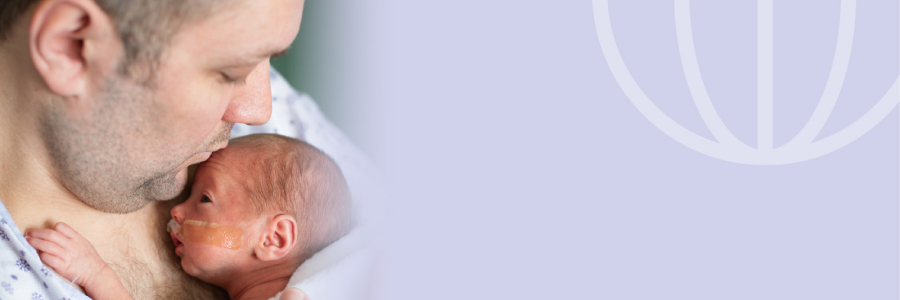The Most Premature Babies Priority Setting Partnership (PSP)
About the Most Premature Babies PSP
Have you ever wondered about the research being done about the most premature babies that may directly affect you? Have you ever wondered how you could draw attention to this? Have you ever wondered how your opinion could make a difference?
PSP stands for Priority Setting Partnership and aims to identify the top 10 questions that clinicians, parents/carers of the most premature babies, and adults who were themselves born extremely premature have about the most premature babies born before 25 weeks of gestation (i.e., about 4 months early), in order to guide future research funding.
Our aim was to shape the future of research into the most premature babies by bringing clinicians, parents/carers of the most premature babies, and adults who were themselves born extremely premature together to identify and prioritise the top 10 unanswered questions about the most premature babies.
An unanswered question is any uncertainty related to this group of babies that could benefit from research.
This PSP was funded by the Nuffield Department Public Health (NDPH) Pump Priming Scheme, administered by the University of Oxford, for the UK arm of the project. Funding applications to support the Australian arm of the project are currently underway.
Why is this survey important?
Inequalities in research funding have meant progress into premature babies has been slow. If we want to improve the future of our most premature babies, we must do as other health conditions have done, and provide clearly evidenced priorities to effect change.
Priorities will enable us to:
- Carry out research that matters most to people affected by prematurity
- Fund research based on evidenced priorities
- Drive collaborations with associated charities and partner organisations
- Generate the evidence needed to influence government and institutional funders to give us our fair share
If we didn't act now, innovations in the treatment and care of the most premature babies may continue to lag behind.
What is INPRES?
The International Perinatal Research Partnership (INPRES) is a collaboration between University of Oxford's National Perinatal Epidemiology Unit (NPEU) Clinical Trials Unit, Oxford, United Kingdom, and the Murdoch Children's Research Institute's (MCRI) Melbourne Children's Trials Centre (MCTC) Melbourne, Australia.
Its mission is to develop and facilitate clinical and observational research which in turn will lead to novel, scientific and practice-changing discoveries in the perinatal, neonatal, and paediatric population. The Partnership's ultimate goal is to improve health outcomes for infants and their families. It is with this goal that the Most Premature Babies PSP was established.






